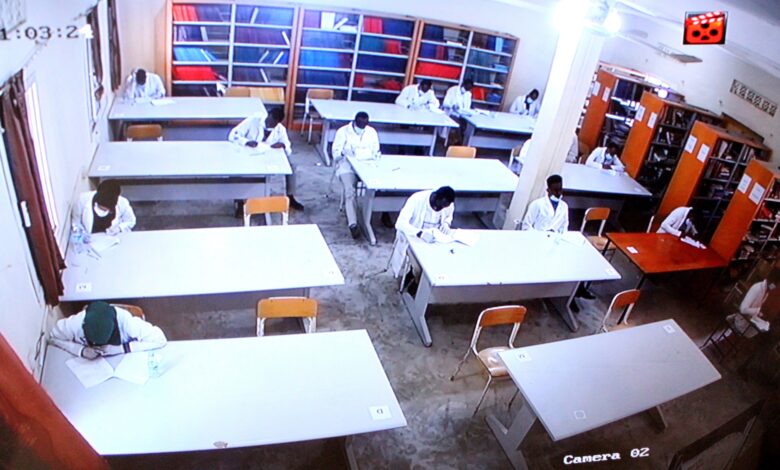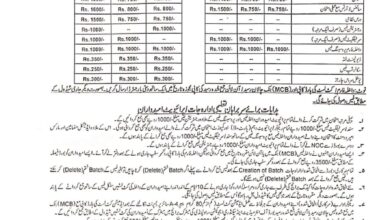Education (SED)
Ensuring Security and Integrity in Examinations

Ensuring Security and Integrity in Examinations
Ensuring Security and Integrity in Examinations
Table Of Contents
Examinations are a critical aspect of education, serving as a measure of a student’s knowledge, skills, and competencies. Ensuring the security and integrity of examinations is essential to maintain the credibility of the educational system and uphold fairness for all participants. Below are key strategies and practices to ensure secure and fair examinations:
1. Secure Exam Content
- Confidential Paper Preparation: Limit the number of individuals involved in creating examination papers. Use encrypted software for drafting and storing question papers.
- Controlled Access: Implement strict access control measures to ensure only authorized personnel can view or handle exam content.
- Randomized Question Pools: Create multiple sets of questions and randomize them for different test centers to reduce the likelihood of question paper leaks.
2. Monitoring During Exams
- Use of Technology:
- Employ CCTV cameras in examination halls to monitor activity in real-time.
- Leverage AI-powered proctoring systems for online exams to detect and flag suspicious behavior.
- On-Ground Invigilation: Train invigilators to detect cheating and ensure a vigilant presence during exams.
- Seating Arrangements: Implement seating plans to minimize opportunities for collusion among students.
3. Preventing Malpractice
- Verification of Candidates: Use biometric systems or ID verification to ensure the person taking the exam is the registered candidate.
- Ban Electronic Devices: Prohibit the use of mobile phones, smartwatches, and other electronic devices in examination halls.
- Zero Tolerance Policies: Clearly communicate the consequences of cheating and implement strict disciplinary actions.
4. Secure Exam Logistics
- Transport of Exam Papers: Use tamper-proof packaging and GPS-tracked vehicles to transport question papers securely to examination centers.
- Safe Answer Script Handling: Establish a chain-of-custody protocol for collecting, transporting, and storing answer scripts until they are graded.
5. Ensuring Fair Evaluation
- Anonymous Marking: Use unique identification numbers instead of names on answer sheets to prevent bias in grading.
- Double Evaluation: Have multiple examiners review answers for critical examinations to ensure consistency and fairness.
6. Awareness and Training
- Educate Students: Promote awareness about the importance of academic honesty and the long-term value of integrity.
- Train Staff: Conduct regular training sessions for examiners and administrative staff on best practices for exam security.
7. Leveraging Technology for Long-Term Solutions
- Blockchain for Record Keeping: Utilize blockchain to securely record and verify examination results.
- Digital Exam Platforms: Transition to secure digital platforms that provide built-in measures against cheating, such as time restrictions, randomized questions, and plagiarism checks.
Conclusion
Maintaining the security and integrity of examinations is a collective responsibility that involves students, educators, and administrators. By adopting a multi-layered approach combining technology, policy, and awareness, the credibility of the examination system can be upheld, fostering trust in educational outcomes.



